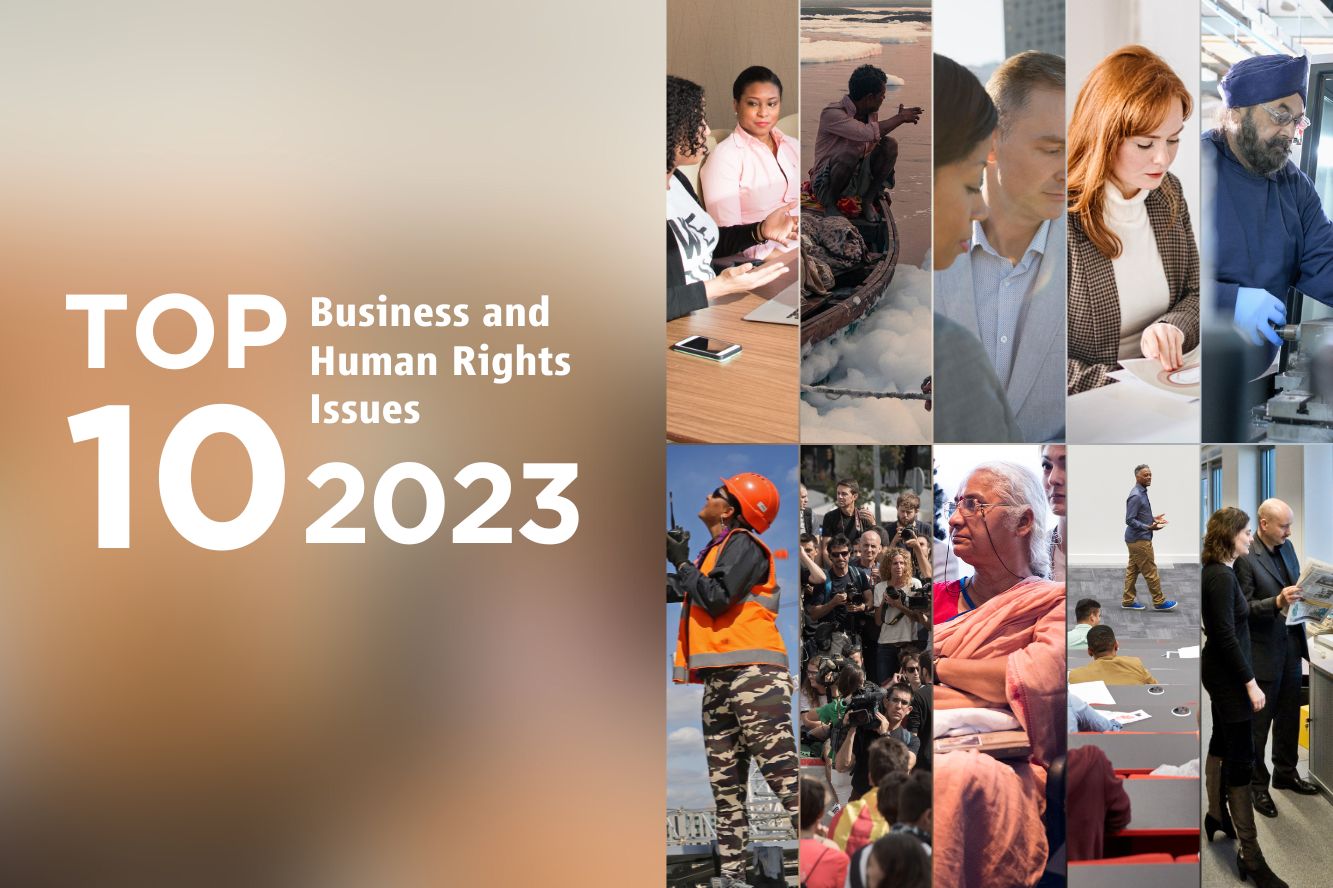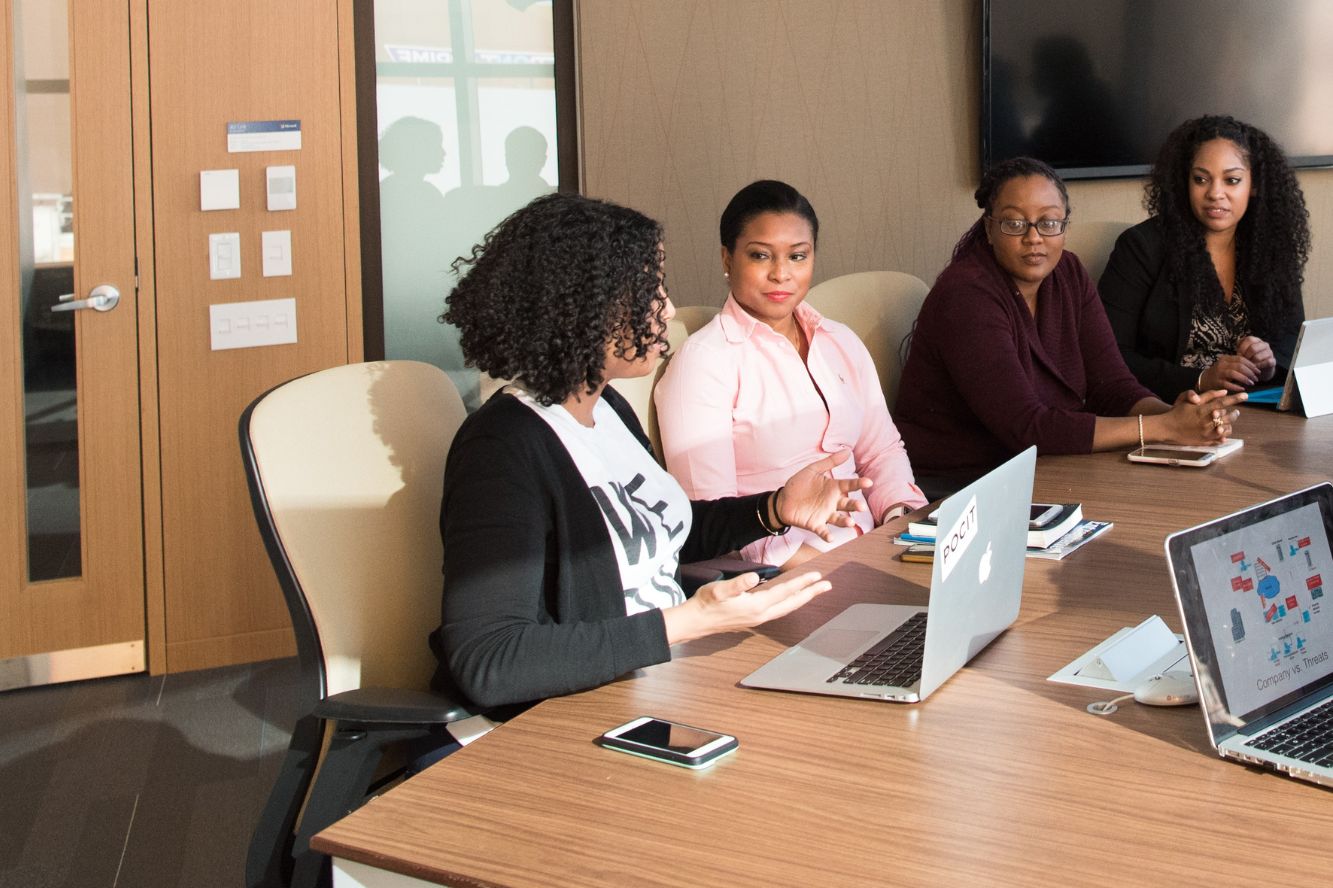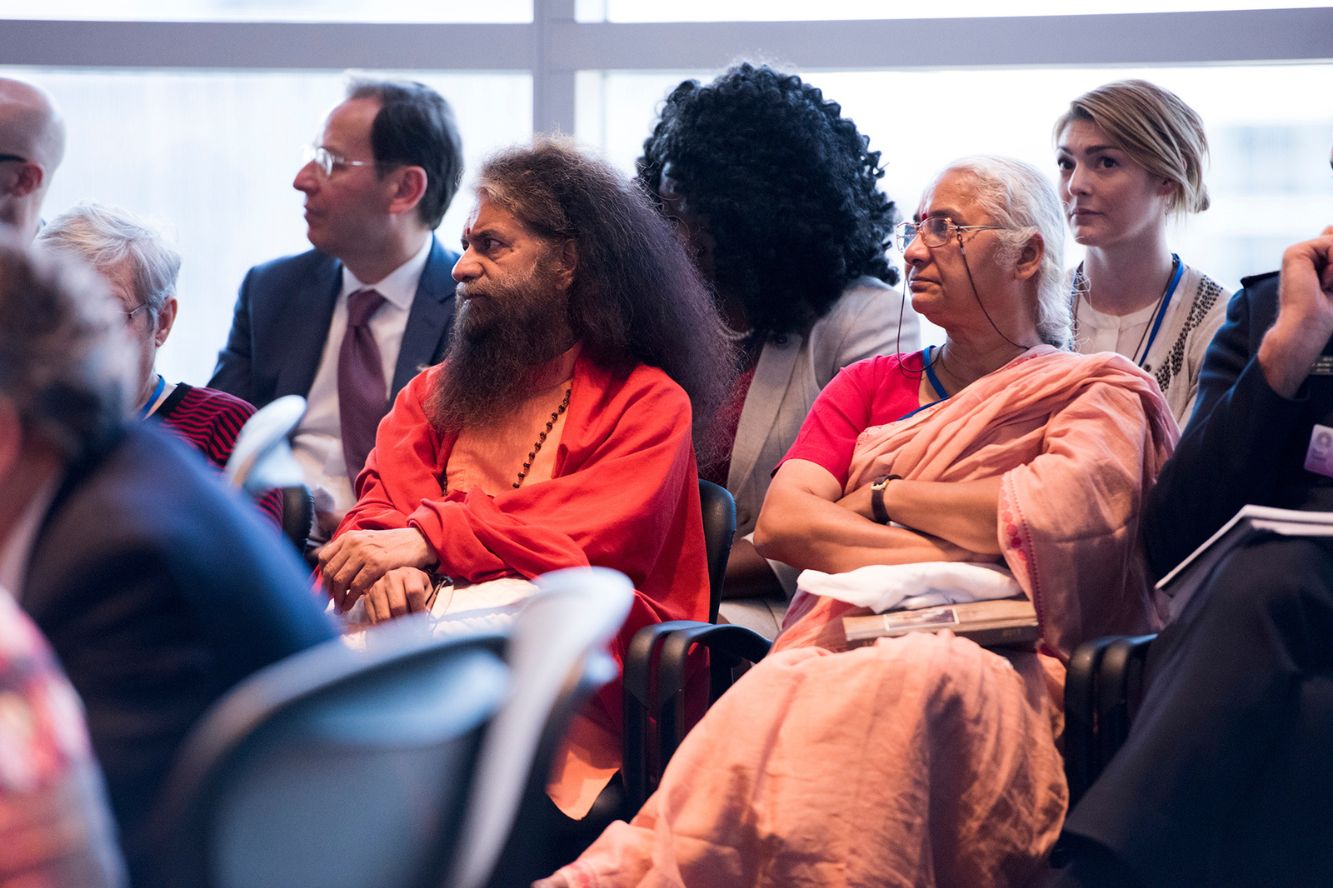As 2023 approaches, the climate agenda remains a critical challenge even as a series of cascading crises shake the stability of the global order itself - from the ongoing war in Ukraine and its impacts on energy, food prices and supply chains, to persistent inequalities and rising threats to democratic governance in all regions.
Debates on the future of the global economic and political order have not given adequate attention to the enormous influence of commercial entities that provide the financial, legal, and technical infrastructure and advice necessary for all businesses to operate. This includes investors, lawyers, management consultants, and other private sector actors who provide services and support to governments and companies of all kinds.
The United Nations Working Group on Business and Human Rights highlighted in its UNGPs 10+ Road Map that these business actors have a responsibility and role in driving better business processes and practices, and in aligning their advisory services to prevent or mitigate adverse human rights impacts.
What will it take to see these influential sectors embed human rights due diligence more fully into their own business models, and in the advice and support they provide to others?
IHRB’s 2023 Top 10 list shines the spotlight on this important area, by exploring the roles and responsibilities of these sometimes less visible firms, and by proposing steps they should take to avoid links to human rights abuses and instead serve as responsible entities who foster corporate respect for human rights around the world.













